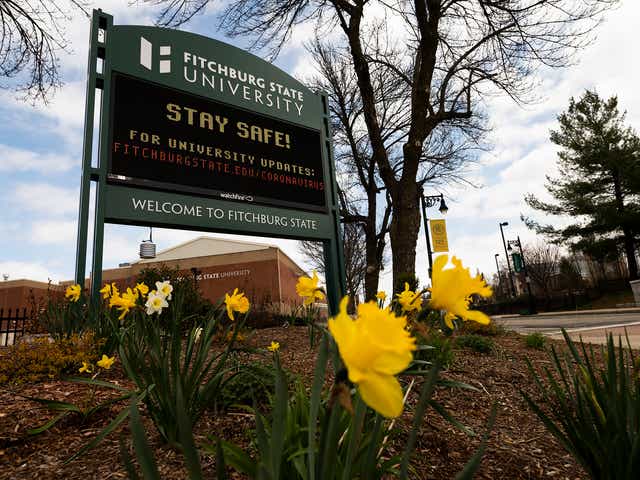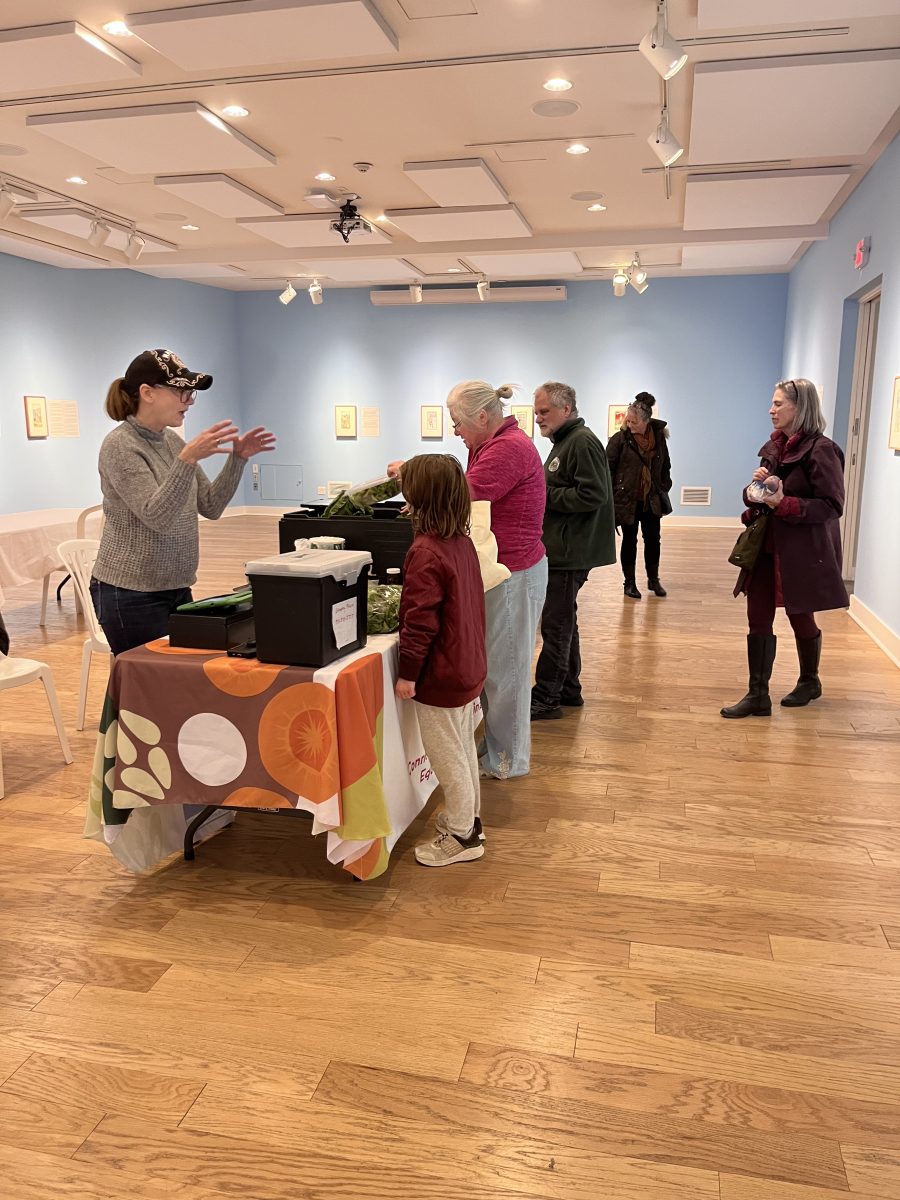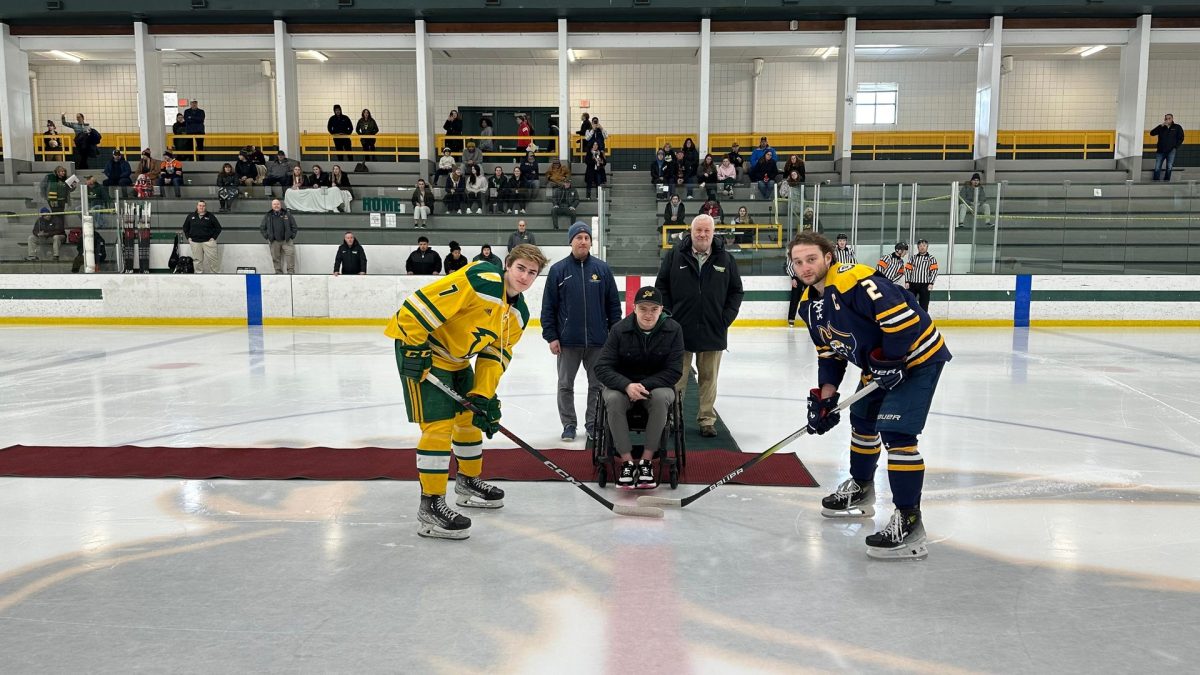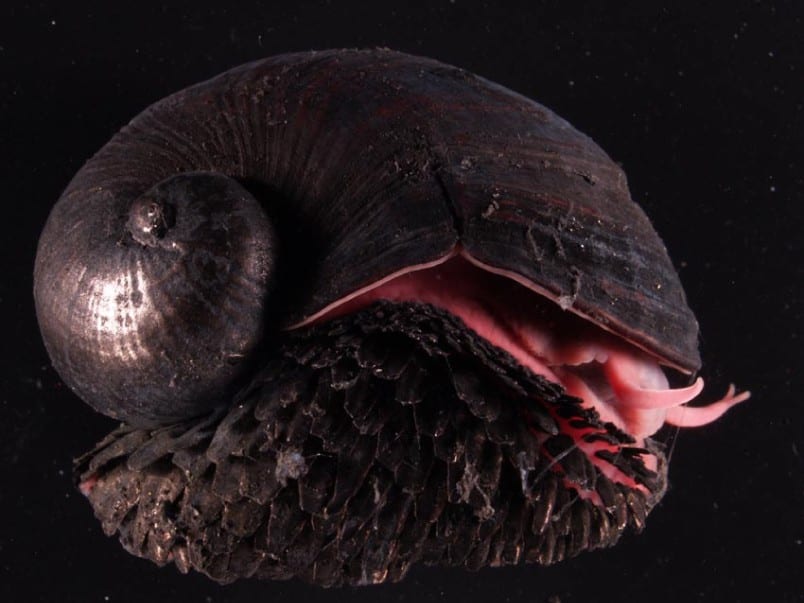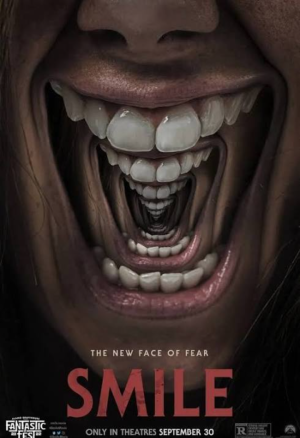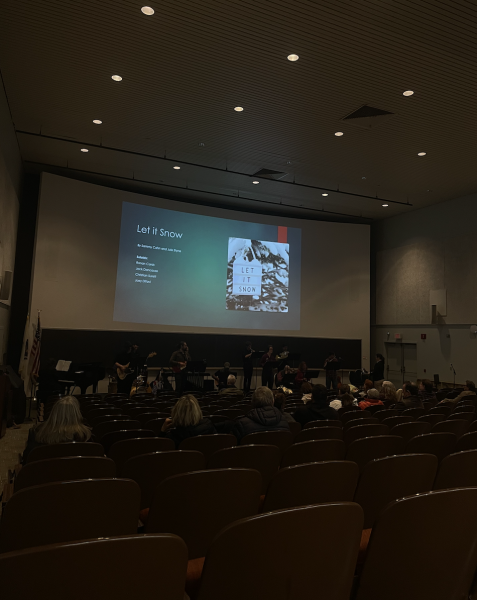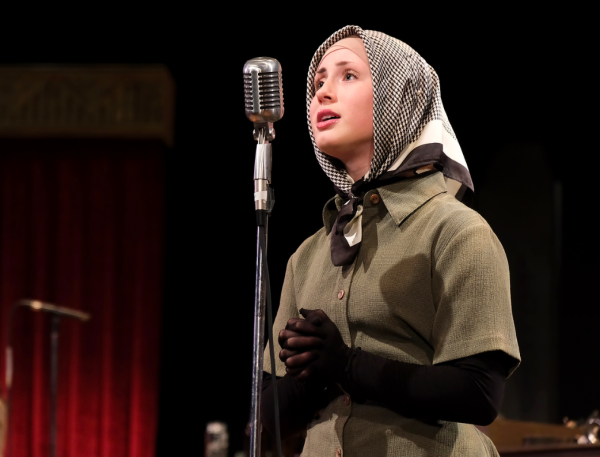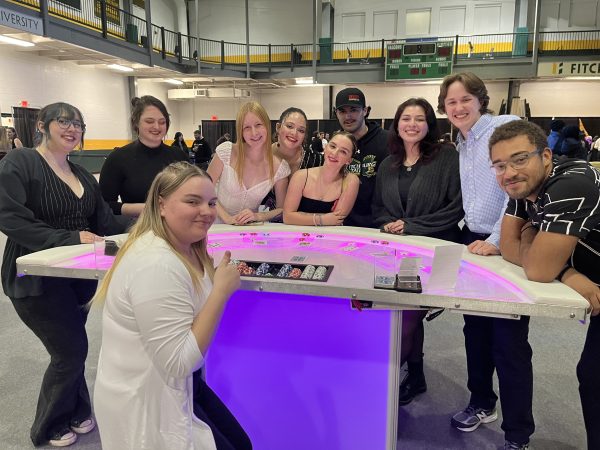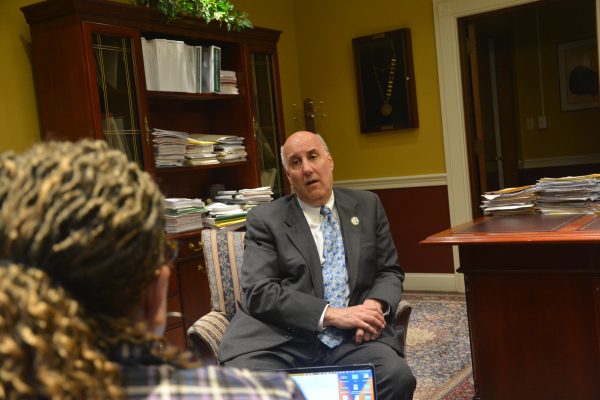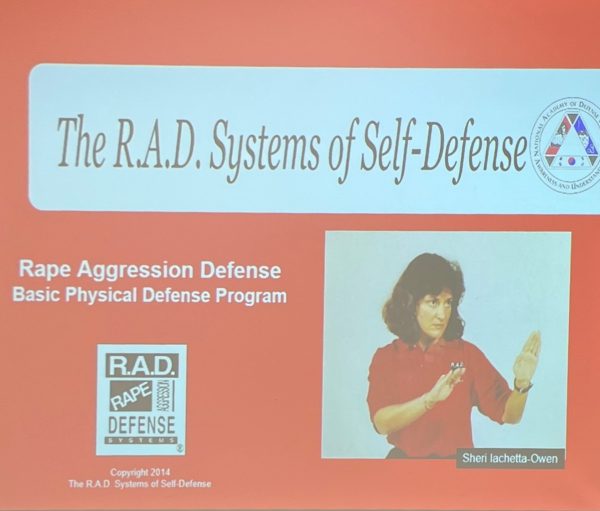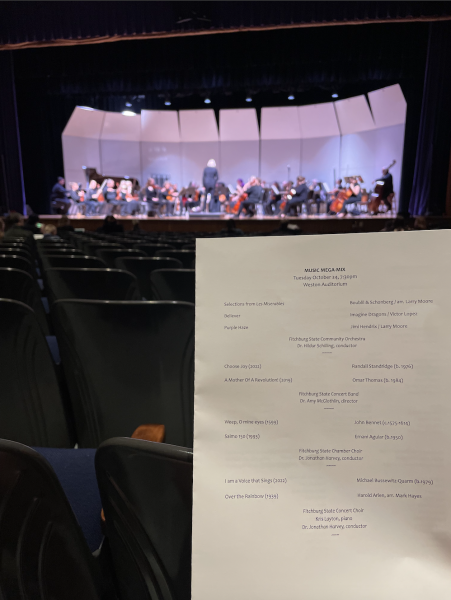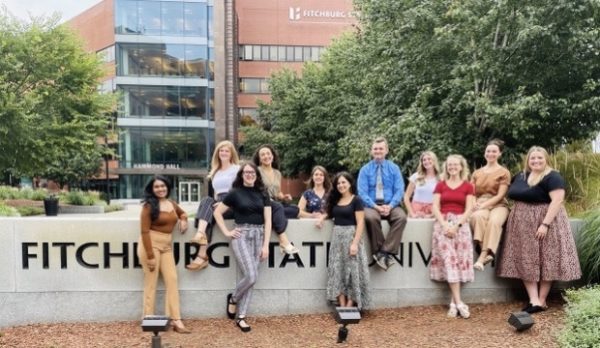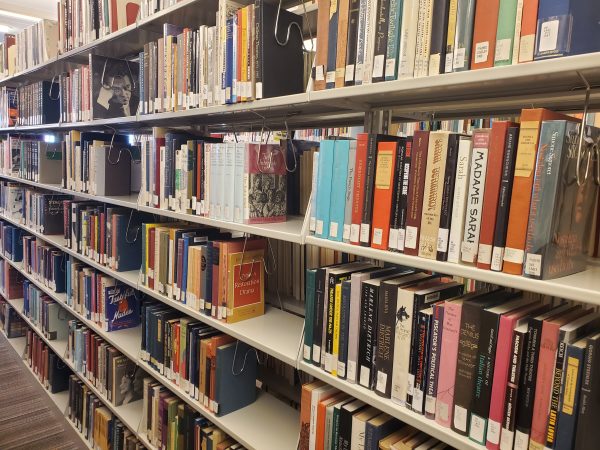COVID on Campus: Keeping FSU Safe
February 15, 2021
-Kris Madden
Almost a year into the United States’ response to the COVID-19 pandemic, schools across the Commonwealth continue to see new infections on their campuses. Fitchburg State University is no exception, but vigilance on the part of the student body, volunteers and administration has kept the number of students infected by the virus relatively low in comparison to the nine other state colleges in Massachusetts.
Contact tracing is key to suppressing future outbreaks. FSU COVID Response Team Manager Brooke Morgan is trained and certified in contact tracing through Johns Hopkins University. Morgan has been at the helm of the COVID response team at FSU since September of 2020. Though the state government has provided a template for state colleges to manage their campuses’ COVID Response, schools are allowed to tailor their plans to best fit their needs. With vast differences in institutions comes a need for a plan tailored to each student body.
“This has been incredibly beneficial,” Morgan says. “With bigger schools, the schools test students and the test results are sent directly to the Massachusetts CTC (Contact Tracing Coalition) for observation. Because Fitchburg State is such a small school, FSU’s COVID Response Team is able to do our own contact tracing. We can watch those updates 24 hours a day, seven days a week.”
Due to the expedition of FSU’s contact tracing being done in-house, students can expect their results much more quickly. With CTC managing cases, results can take 3-4 days to be returned, whereas FSU’s COVID Response team can notify students within minutes after recieving their test results, allowing FSU to order quarantine much more quickly and effectively. Fitchburg State’s test results are available to the student in approximately 1-2 days from the timue that the test was performed.
“95% of the students have been very open and honest,” Morgan says, “but not because they’re afraid of the consequences but because they want to help us contain the virus on campus.” We’ve been working with the Fitchburg Board of Health to ensure that quarantine is being followed as well.”
“We report known COVID positive addresses to the police and fire departments,” says Fitchburg Board of Health director Stephen Curry. “That way, when they get a call to that address they know to proceed with caution. Occasionally we’ll get a call [from the police] for someone who got pulled over for a taillight or something, and we get a call from the police to inform us of broken quarantine.” Most people are doing their best to follow procedures though. “Almost every case of broken quarantine [in the city of Fitchburg] in the past 45 days has been food related. People need to buy groceries, so they feel they have to break quarantine. In those cases, we will do our best to help people set up a system where they can get what they need without leaving their homes. It’s been working great so far.”
Morgan also emphasizes that with the exception of four nursing students who are receiving credit for their participation, every member of the administration on the COVID Response Team is a volunteer. “They have volunteered their free time including nights and weekends because they are dedicated to making sure we as a university continue to thrive in the midst of the pandemic.”


